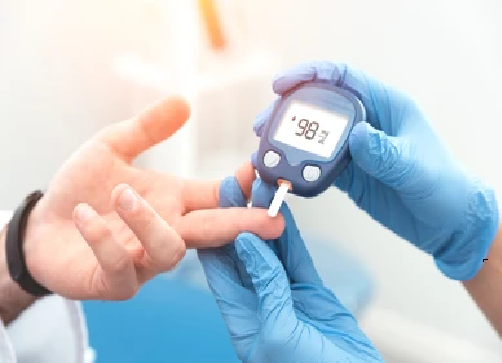What is Diabetes Mellitus?
Diabetes mellitus is a chronic condition that affects how the body processes blood sugar (glucose). Glucose is essential as it provides energy for the cells, but it needs insulin, a hormone produced by the pancreas, to enter cells. In diabetes, either the body doesn’t produce enough insulin or cannot use insulin effectively, leading to high blood glucose levels, which can have serious health consequences over time. Diabetes mellitus types and management is given below.
Diabetes Mellitus Types and Management
Types of Diabetes Mellitus
Here are two main types of diabetes mellitus:
1. Type 1 Diabetes
- Cause: Autoimmune reaction where the body attacks insulin-producing cells in the pancreas.
- Symptoms: Often appear suddenly and include excessive thirst, frequent urination, extreme hunger, weight loss, fatigue, and blurred vision.
- Management: Requires lifelong insulin therapy (injections or an insulin pump) and blood sugar monitoring.
2. Type 2 Diabetes
- Cause: Insulin resistance, where cells don’t respond well to insulin, often coupled with a gradual decline in insulin production.
- Risk Factors: Obesity, sedentary lifestyle, genetics, and age.
- Symptoms: Develop gradually and may include increased thirst, frequent urination, and fatigue.
- Management: Lifestyle changes (diet, exercise), oral medications, and sometimes insulin therapy.
Other Types
- Gestational Diabetes: Occurs during pregnancy and can increase the risk of developing type 2 diabetes later in life.
- Prediabetes: A condition where blood sugar levels are higher than normal but not high enough to be classified as diabetes. Lifestyle changes can prevent its progression to type 2 diabetes.
Complications of Diabetes Mellitus
If unmanaged, diabetes can lead to:
- Cardiovascular diseases
- Kidney disease (nephropathy)
- Nerve damage (neuropathy)
- Eye damage (retinopathy)
- Foot complications (due to poor blood circulation and nerve damage)
Management of diabetes mellitus
- Diet: Emphasize whole grains, vegetables, lean proteins, and healthy fats while limiting refined sugars.
- Exercise: Regular physical activity improves insulin sensitivity.
- Medication: Various medications can help control blood sugar levels, including insulin, metformin, and newer drugs.
- Monitoring: Regular blood sugar monitoring helps manage and adjust treatment effectively.
Early diagnosis and treatment of diabetes are critical to preventing complications and improving quality of life.
